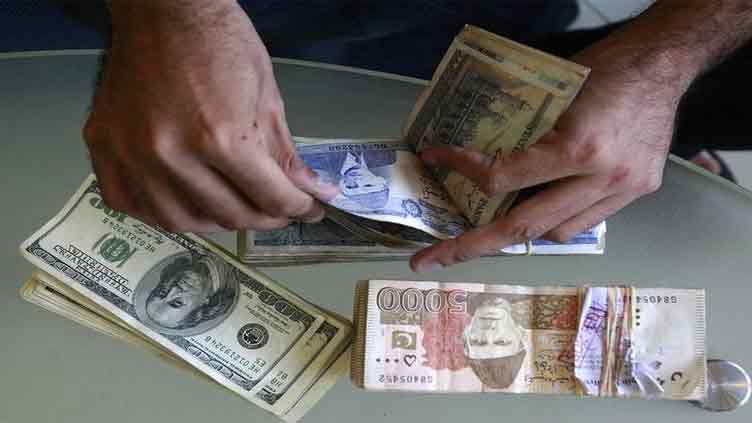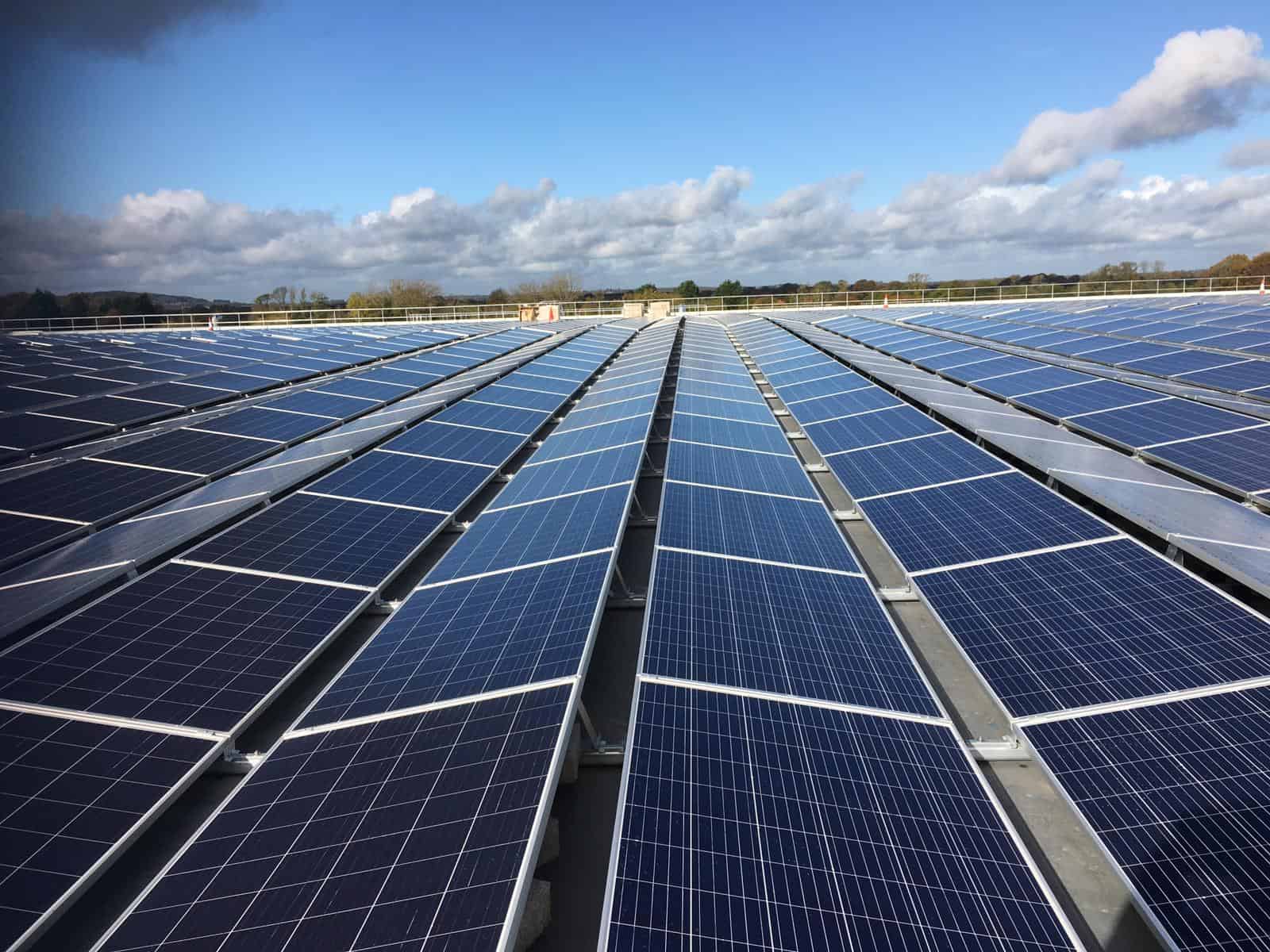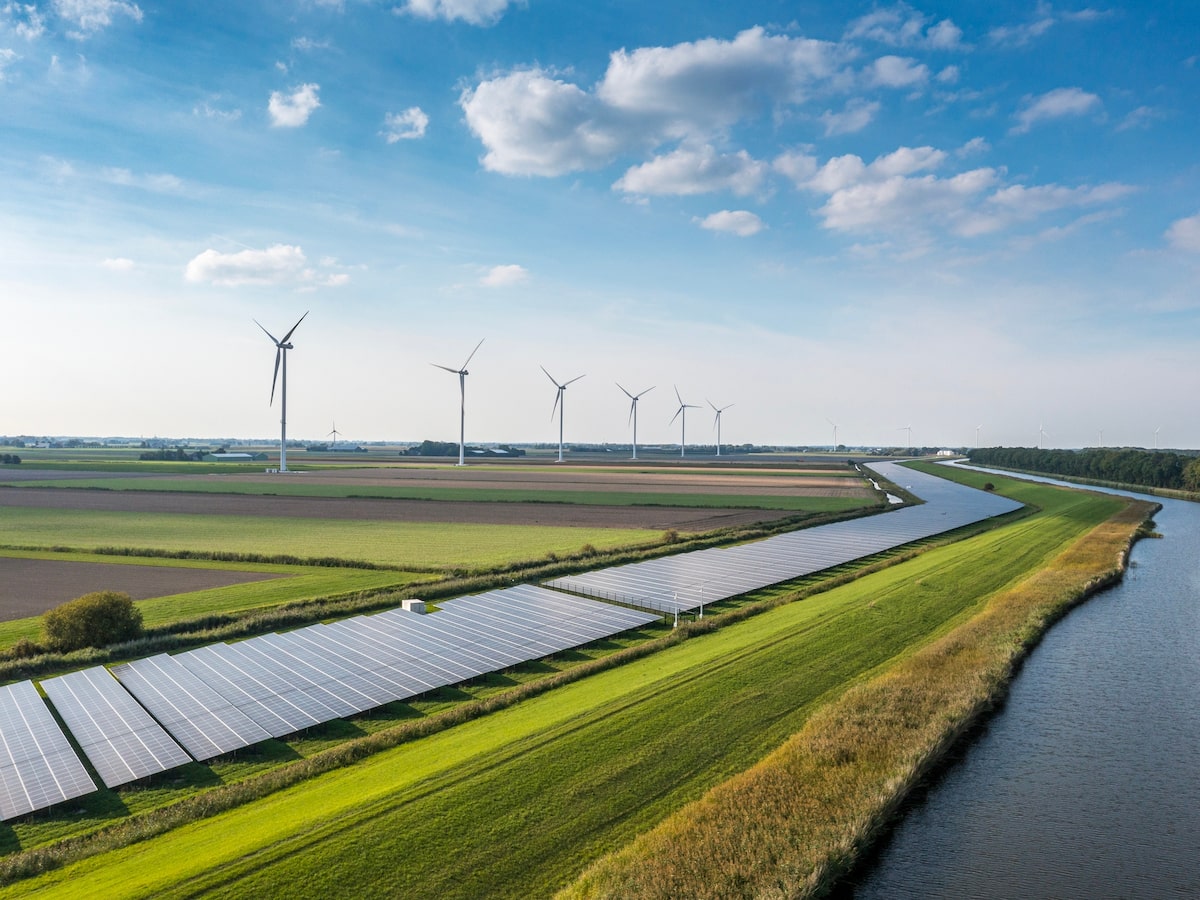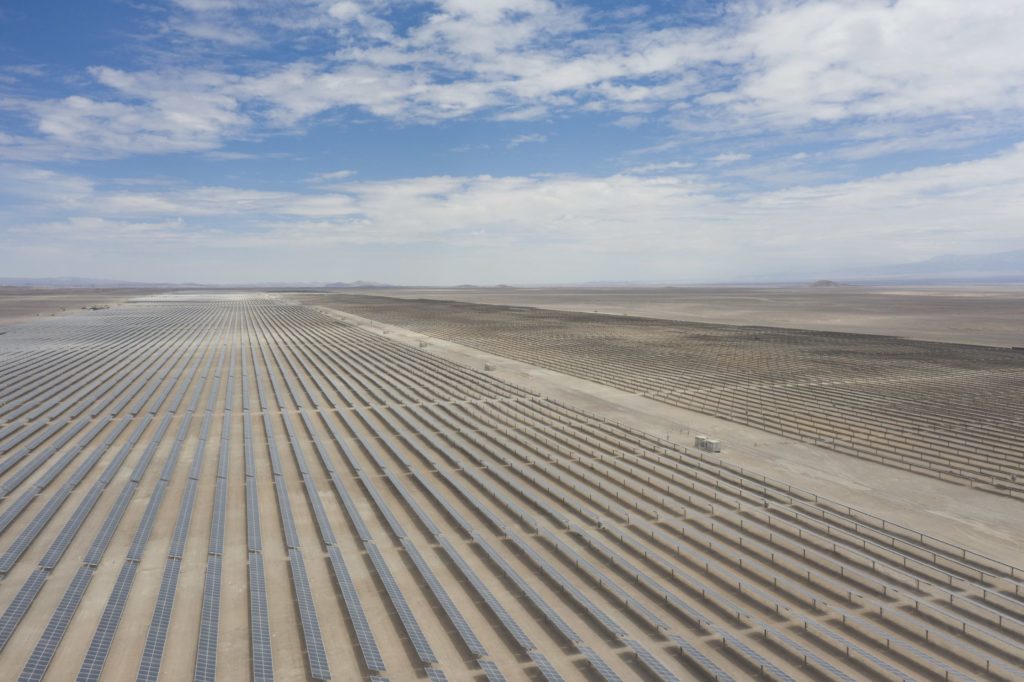As Islamabad gears up for potential negotiations with the International Monetary Fund (IMF), Pakistan braces for substantial energy subsidy cuts estimated at Rs375 billion in the upcoming fiscal year.
IMF Conditions Prompt Subsidy Cuts
Facing stringent conditions akin to those imposed on other developing nations, Pakistan anticipates significant reductions in energy subsidies. This move, set to impact domestic consumers, signals potential tariff hikes amid ongoing inflationary pressures.
The relentless surge in energy prices has exacerbated the cost of doing business, particularly burdening industrial units struggling to maintain operations. Coupled with soaring interest rates, currently at 22%, businesses face heightened borrowing costs, hindering economic expansion.
Implications for Inflation and Economic Growth
Expected subsidy cuts are poised to perpetuate inflationary trends, further delaying anticipated interest rate reductions. Despite calls for easing borrowing costs, the confluence of elevated energy tariffs and interest rates stagnates business growth and deters new investments.
In pursuit of another IMF deal, Islamabad faces pressure to comply with stringent conditions, including the privatization of state-owned entities. Notably, plans to privatize the national flag carrier, PIA, underscore the government’s commitment to IMF prerequisites.
Subsidy Allocation Details
Proposed subsidy allocations for the fiscal year 2024-25 amount to approximately Rs600 billion. Beneficiaries include independent power plants (IPPs), power distribution companies (Discos), and K-Electric, receiving support under various heads such as tariff differentials and industrial packages.
Continued Support and Challenges
Despite subsidy reductions, subsidized electricity supply to regions like Azad Kashmir, FATA, and tube-wells in Balochistan remains a priority. Additionally, K-Electric may receive support through industrial assistance packages, emphasizing the government’s commitment to balance economic reforms with support for essential sectors.
Source:dunyanews.tv





